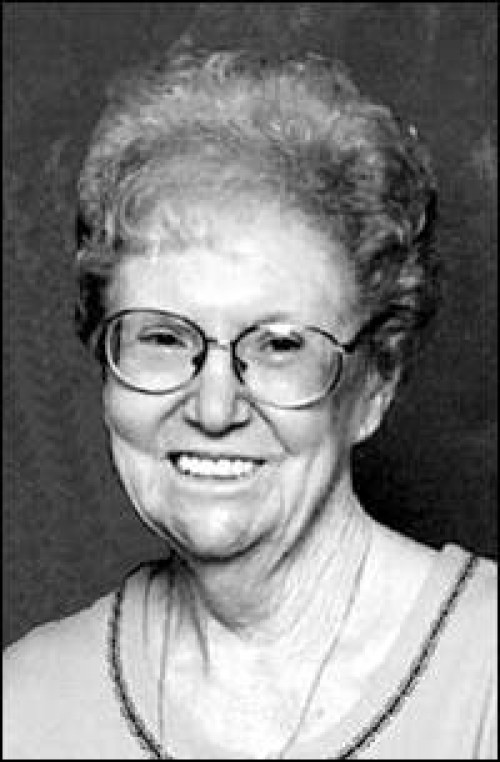Four men sought in Thibodaux armed robbery
September 12, 2007
Yvonne Galliano
September 14, 2007For the first time during his tenure as Lafourche Parish Sheriff, Craig Webre tackled issues outside of the Baton Rouge legislative walls. Last week, Webre traveled to Washington, D.C., to testify before a House Judiciary Subcommittee on Crime, Terrorism and Homeland Security.
Speaking on behalf of the National Sheriff’s Association (Webre serves as president), the sheriff addressed the implementation of the Law Enforcement Officers Safety Act of 2004 and legislative efforts aimed at expanding the authority to carry concealed firearms.
The NSA is opposed to the expansion the act, which allows more former law enforcement officers to carry concealed weapons. Law enforcement officers feel the law should remain as stated.
Webre explained that the present act allows two classes of persons – the “qualified law enforcement officer” and the “retired law enforcement officer” – to carry a concealed firearm in any jurisdiction in the United States, with certain exceptions.
“It is good legislation to allow trained active-duty and retired law enforcement officers with 15 years of service to carry firearms. This enhances public safety and allows current and former officers to defend themselves against revenge attacks by those they once brought to justice,” he said.
Webre’s concern lies with the proposed amendment that expands the term “qualified retired law enforcement officer” who carry concealed weapons. Now, the amendment states that “retired” officers must have at least 15 years of experience to carry a concealed weapon across state lines.
The Legislature wants to amend the act to allow officers who have more than 10 years of experience and who have “departed” from service to qualify to carry a concealed weapon.
Webre said with the change in language, all enforcement agencies stand a chance of having someone jump from law enforcement agency to law enforcement agency racking up the years, but not the experience on the streets carrying a concealed weapon.
However, the Lafourche sheriff and his colleagues feel that changing the act makes it hard to implement as it preempts state and local concealed carry prohibitions.
“Local agencies are understandably concerned about whether an officer has fulfilled the training requirements as well as the potential liability the agency faces if they issue credentials to an officer who later uses his/her weapon without justification,” he said.
Webre feels that carrying a concealed weapon is a privilege bestowed only upon those retired law enforcement officers who have extensive experience, have dedicated their lives to protect the safety of our citizens and have demonstrated through their past conduct they are deserving of such a responsibility.
According to the sheriff, the new language is contrary to the intentions of the act’s drafters to increase the number of public safety servants on the streets. He said tragic consequences could result in local law enforcement having to contend with unqualified persons carrying concealed weapons across state lines.
“Simply enabling more people to carry concealed firearms is not a solution to providing additional public safety,” Webre said.







